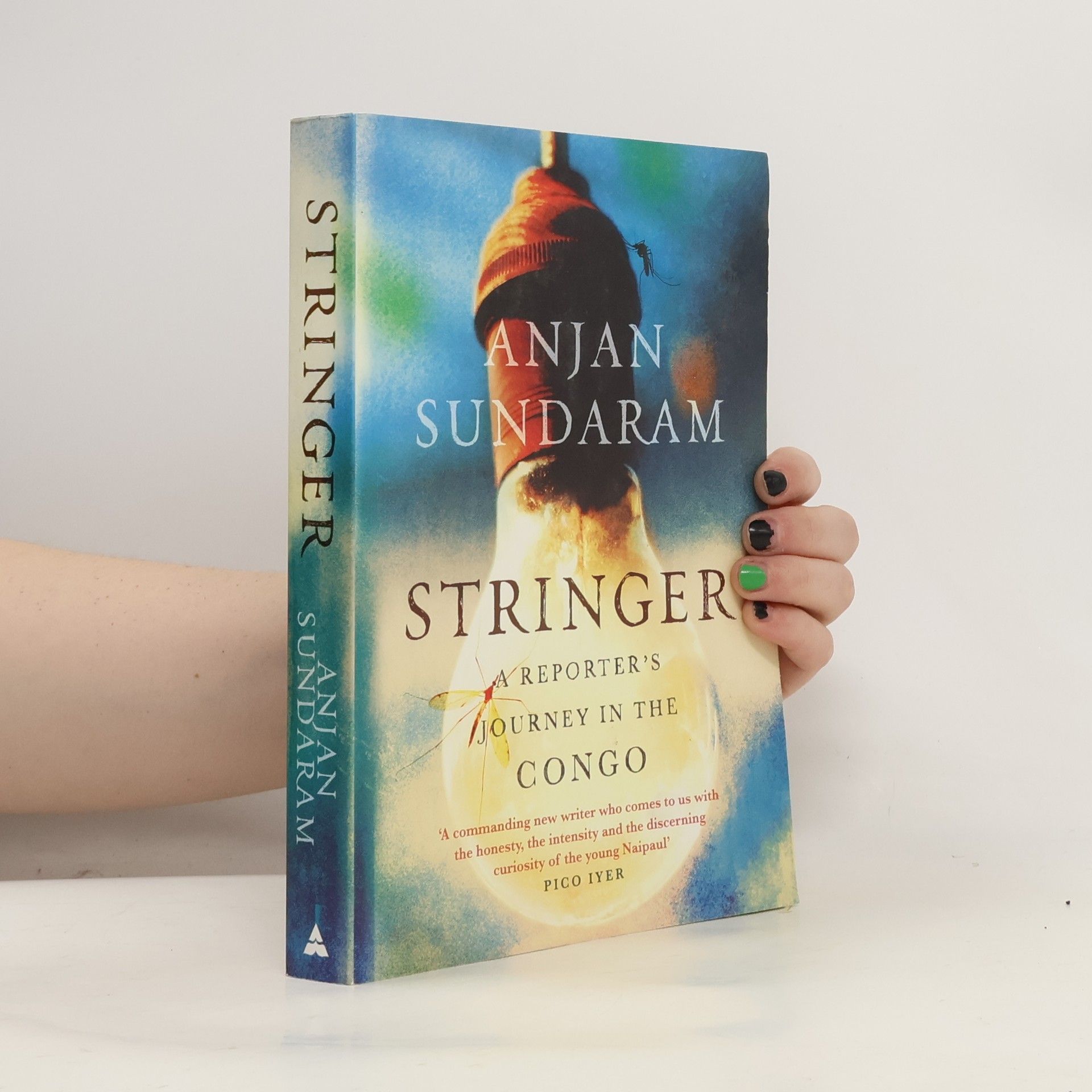"Originally published in India by Penguin Books India, New Delhi" [2013]--Title page verso.
Anjan Sundaram Livres
Anjan Sundaram est un journaliste primé dont le travail explore en profondeur la relation complexe entre le journalisme et l'autoritarisme. Par une écriture incisive, il examine les défis auxquels sont confrontés les reporters dans les régimes dictatoriaux, révélant la fragilité de la vérité dans des environnements périlleux. Le style de Sundaram se caractérise par sa franchise et sa représentation empathique des histoires humaines au cœur du tumulte politique. Son reportage offre une lentille critique sur la géopolitique et un appel urgent à la préservation de la liberté de la presse.


An award-winning journalist courageously reveals the personal cost of war reporting, vividly recalling his dangerous assignment and confronting its devastating impact on his family. After ten years reporting from central Africa, Anjan Sundaram is living a quiet life in Canada with his wife and new-born. But when preparations for genocide emerge in the Central African Republic, he is suddenly torn between his duty to his family, and his moral responsibility to expose the conflict. Soon he is travelling through the CAR, driven by a possible spy--discovering ransacked villages and locals fleeing imminent massacre, fielding offers of mined gold, and hearing of soldiers who steal schoolbooks for cigarette paper. When he refuses to return home, journeying instead into a rebel stronghold, he learns that there is no going back to the life he has left behind. Breakup illuminates the personal price paid by those bearing witness on the frontlines of humanitarian crimes across the globe. This brilliantly introspective, strikingly grounded account of perilous warzones and inner turmoil is sure to become a modern classic.